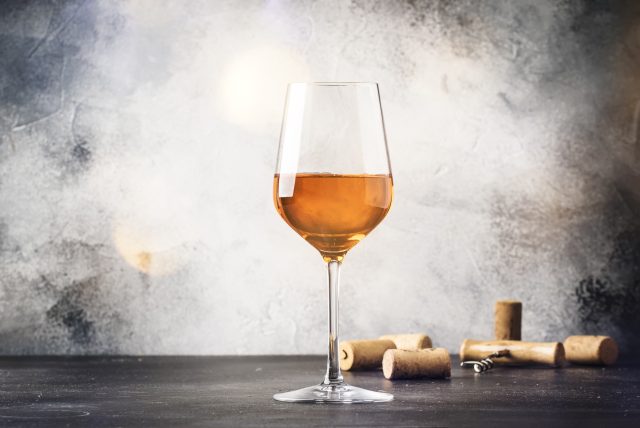This website uses cookies so that we can provide you with the best user experience possible. Cookie information is stored in your browser and performs functions such as recognising you when you return to our website and helping our team to understand which sections of the website you find most interesting and useful.
Vignobles Bonfils targets craft beer drinkers with its orange wine
Languedoc producer Bonfils tells db about its focus on orange wine, and why it’s sure to be a hit with beer drinkers.

Vignobles Bonfils began making orange wine in 2019, which it says “represents a new generation of winemaking” for the historic producer, which owns more than 10 châteaux and estates across the Languedoc Rousillon region and has traditionally focused on red blends.
Now on its fourth ‘orange’ vintage, Bonfils is gearing its skin-contact wines towards consumers around the 30-year-old mark and especially “those who drink craft beer,” Alexandra Ladeuil, export and marketing director, told db.
“People who drink beer are used to bitterness,” Ladeuil said. “In orange wine you have bitterness and also a lot of aromatics.”
The stratospheric rise of sour beer could spell good news for the more modestly growing trend of orange wine. Many brewers report that sour beers are outperforming other styles in terms of growth percentage rather than volume, signalling that more beer-drinkers are seeking out sours. In 2019, the same year that Bonfils began making orange wine, sour beer sales shot up by 40%, according to Information Resources Inc.
Hitting up this sector of the market might not be a bad idea as the ‘tart’ profile of sour beers share similar characteristics with the ‘bitterness’ offered by orange wines.
Vignobles Bonfils takes a different approach to its orange wines than many other producers. Firstly, it uses three different grape varieties – Muscat, Viognier and Rolle (Vermentino) – in its blend. The grapes used in the wine are sourced from three different terroirs and appellations, ranging from mountains to the sea, and all are from old vines.
Secondly, the length of time that the grapes spend on their skins is significantly longer than with many other orange wines.
“Some people will call their wine an orange wine after only three, four or five days of maceration,” says Ladeuil. “We do six to eight weeks.”
The idea, she says, is to “extract a lot at the beginning. We pump over every other day, before pressing.”
From there, it’s all about fine-tuning to create the perfect amount of bitterness.
“We want bitterness but not too much. Our first vintage was a bit too bitter so we changed the way we do things because too much bitterness is not for everyone. You want a bit of sweetness on the finish,” said Ladeuil.
Quebec is currently the biggest market for Bonfils’ orange wines, followed by France and The Netherlands.
Bonfils is actively seeking a UK partner through which to introduce its orange wines to British consumers and hopes to have secured a UK distributor by “the second half of this year”.


